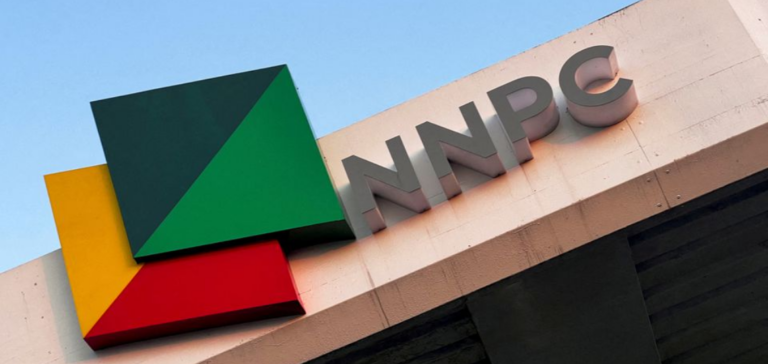In Nigeria, the NNPC company is starting to drill for oil and gas in a field in the north of the country.
Oil exploitation project
Nigeria is launching a new oil project in the north of the country through the Nigerian state-owned company NNPC. The first commercial quantity oil discovery in the Kolmani area was in 2019. It is also the first time the country has sought to produce crude outside the Niger Delta.
The estimated reserves of the oil field amount to 1 billion barrels according to statements by Nigerian President Muhammadu Buhari. In addition, the Kolmani field is estimated to contain 500 billion cubic feet of gas. This Nigerian oil project does not involve any oil major.
NNPC is developing the project in collaboration with local company Sterling Global Oil and the New Nigeria Development Commission. Phase one of the project in northern Nigeria will include an oil refinery, according to an NNPC statement. In addition, it will integrate a gas treatment unit, a 300MW power plant and a fertilizer factory.
A delicate context
At the project launch ceremony, the Nigerian president stressed the difficulty of attracting investment in fossil fuels. In addition, he recalled the sensitivity of the project’s location. It is located between Bauchi and Gombe states in northeast Nigeria, fighting an Islamist insurgency.
Nigeria has been looking for oil in this region for several years, particularly in the Lake Chad basin, the focus of the Islamist insurgency. On the other hand, Nigeria has in the past faced public opposition to oil projects. Militants were blowing up pipelines in the Niger Delta, accusing oil companies of neglecting the local population.
This delicate context in northeast Nigeria led the major oil companies to focus on offshore drilling. Insecurity and oil theft led to a decline in production. This led to Nigeria losing its status as Africa’s largest oil producer.






















